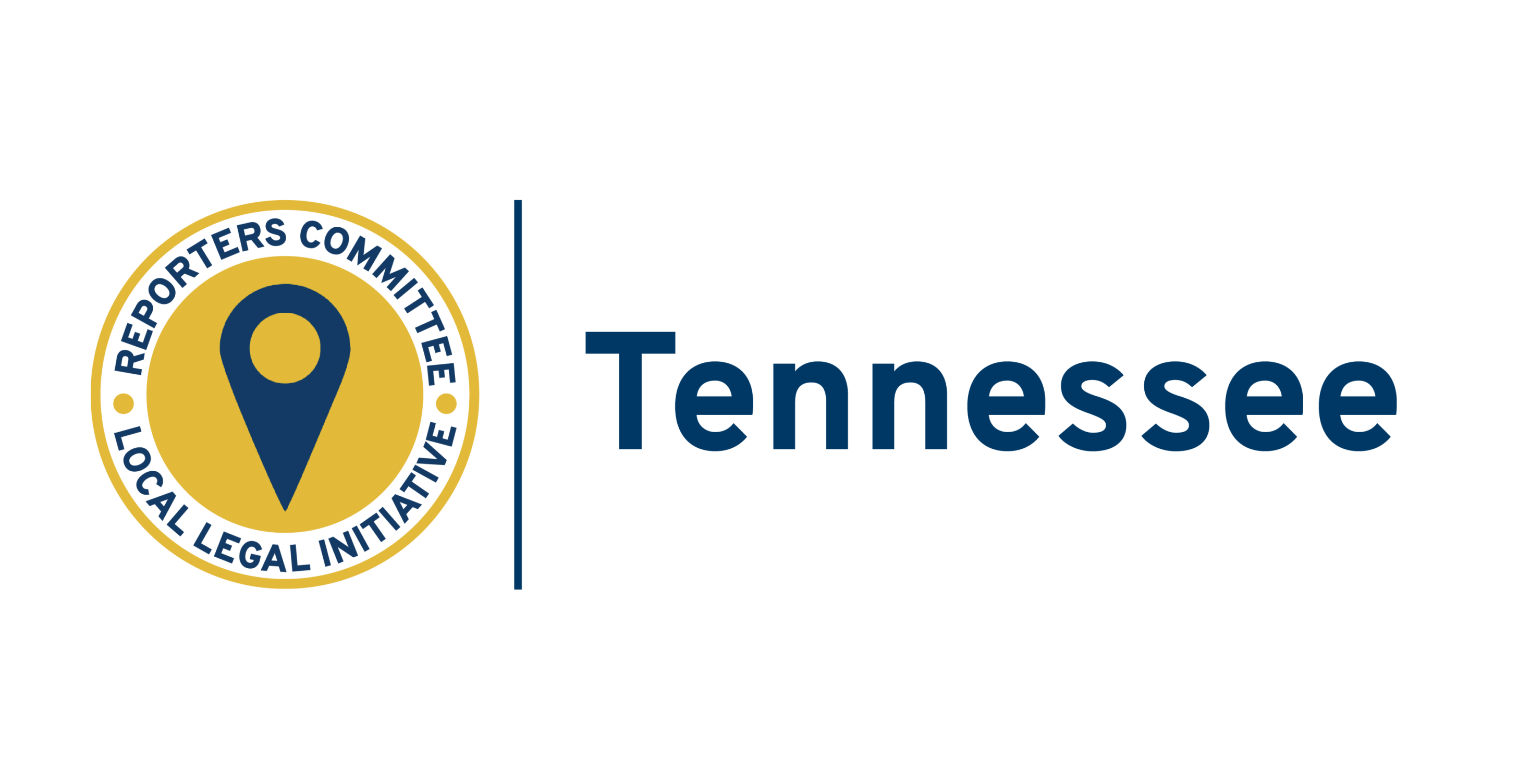On the Docket: It is now time to push back against government gatekeeping practices

This column was originally published in the November 2024 issue of The Tennessee Press, the official publication of the Tennessee Press Association.
If there’s one thing that drives journalists crazier than perhaps anything else, it’s having to fight their way through media relations departments to get the answers they need from government agencies.
Journalists obviously prefer to speak directly with the public employees who keep the government running on a daily basis. After all, these are usually the people who are best equipped to answer reporters’ questions.
But far too often, public relations professionals shield government employees from the news media, unnecessarily delaying the newsgathering process and sometimes preventing the public from getting the straight answers they deserve.
There’s a simple reason why government agencies — local, state, and federal — rely on this age-old gatekeeping practice: By forcing members of the press to route their inquiries through media relations offices, they are better able to control their message.
This practice may serve the agencies you cover, but it certainly doesn’t serve the members of the public who rely on the government to clearly communicate how it is educating their children, protecting their communities, and managing their tax dollars.
While journalists have long complained about the practice and, in some cases, published editorials decrying it, government agencies continue to prevent employees from speaking directly with the news media. But we may have finally found a way to break through this gatekeeping and reform agency practices.
Earlier this year, journalist Brittany Hailer reached a settlement agreement with Allegheny County, Pennsylvania, that required officials to revise policies barring jail employees from speaking with members of the press and public about matters of public concern without permission.
The settlement came months after Hailer filed a federal lawsuit challenging the policies with free legal support from my colleague Paula Knudsen Burke at the Reporters Committee for Freedom of the Press and the Yale Law School Media Freedom and Information Access Clinic.
As part of the settlement, Allegheny County agreed to make substantive revisions to several Bureau of Corrections policies, including rules governing employees’ access to the news media and their use of social media, acknowledging “that its employees and contractors have constitutional rights to speak on matters of public concern when acting as private citizens.”
In the wake of the settlement, the Society of Professional Journalists called on journalists across the country to push back against government policies that restrict public employees’ ability to speak with the news media. The national call to action said journalists should consider filing similar lawsuits or writing editorials to “educate the public about the dangers of such censorship.”
“This settlement is of historic importance,” said SPJ National President Ashanti Blaize-Hopkins. “Gag rules are being adopted in all kinds of federal, state and local agencies, from congressional offices to schools and police departments. The settlement shows journalists that they can fight these widespread restrictions — and why they should.”
I hope you’re as inspired by this settlement as I am, and that you seriously consider heeding SPJ’s call to action here in Tennessee. We may not be able to reverse these gatekeeping policies overnight, but by working together, newsrooms in Tennessee can put pressure on agencies to reform their practices.
Paul McAdoo is the Tennessee Local Legal Initiative attorney for the Reporters Committee for Freedom of the Press. He is based in Nashville.